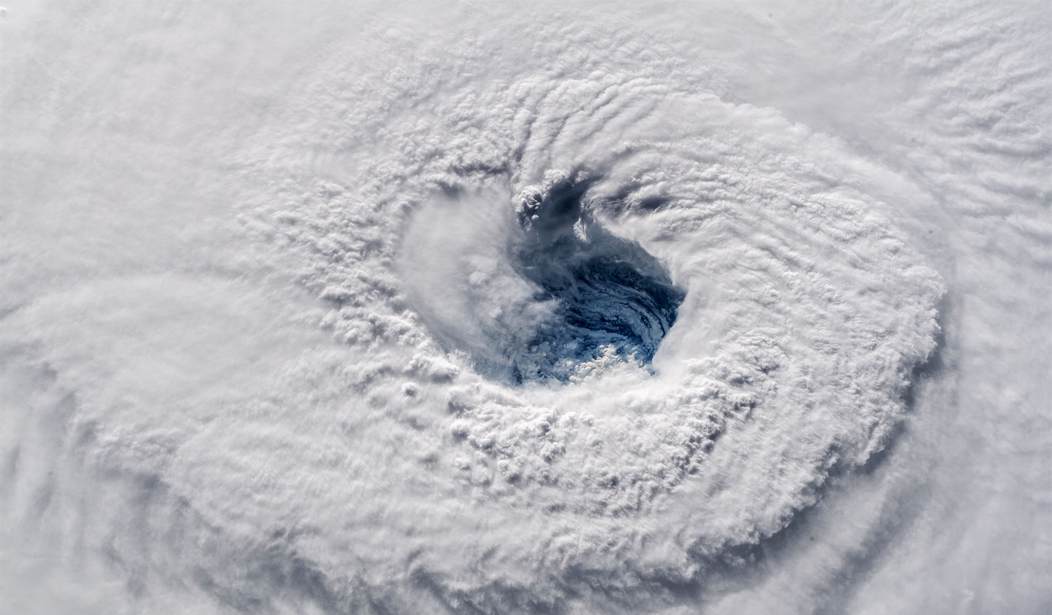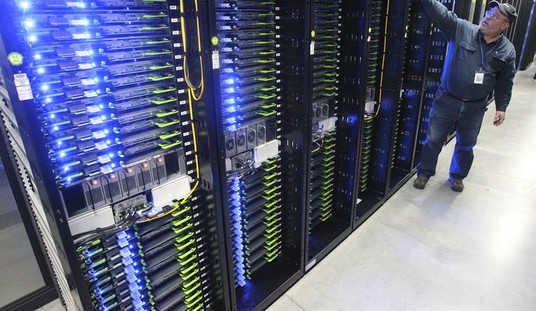Remember all that talk about methane being the scariest greenhouse gas? The claims are behind the war on meat, rice, farts, gas stoves, fracking, and just about everything else in the known universe that improves human life.
Well, except farts. They really don’t improve human life that much, unless you have gas pains. Man, it sucks when you have gas pains.
The science behind the claims that methane is a powerful greenhouse gas is pretty straightforward, if you look at only part of the science. Methane indeed traps more heat inside the atmosphere than CO2, by a wide margin. It disperses much more quickly, with a short life in the atmosphere, but if you only consider the warming impact it indeed is quite powerful.
That’s the reasoning behind the war on gas. But…
When Climate Science Unsettles – Abe Greenwald, Commentary Magazine
"If you had said on March 15 that people were making too big a deal about the warming effects of methane, you’d have been branded a 'climate denier.' Now, you’re just following the science." https://t.co/6WYOTp4wl1
— Abe Greenwald (@AbeGreenwald) April 19, 2023
Yeah, well, there is a huge problem with that claim. While technically true in some abstract sense, it is much less true when you look at all the effects methane in the atmosphere has on global temperatures. In other words, it is the sort of claim that relies upon your ignorance of the multiple effects of methane gas in the atmosphere–some of which are known widely, and many of which even climate “scientists” didn’t know when they made their wild claims about doom from leaking natural gas.
Methane warms the Earth when the gas absorbs longwave radiation. But it also cancels out some of that effect, counterintuitively, by absorbing shortwave radiation.https://t.co/hSplNPIB87
— Science News (@ScienceNews) April 20, 2023
New research shows that methane is still a powerful greenhouse gas, but nothing like what is claimed regularly.
This is the sort of thing that happens all the time in climate research, where variables are viewed and modeled in isolation based upon a limited set of data, and then the “scientists” extrapolate the heck out of the limited data and come up with models that are, frankly, ridiculous.
Then they pick the most extreme outcomes from models with the worst outcomes, and call it “settled science.” It is exactly the sort of thing you see in nutrition research, for example. Creating simplistic models from limited data interpreting complex and highly interdependent systems as if they mirror the falling of a bowling ball and a feather in a vacuum.
And the results, as you can see in the real world, are quite different. Bowling balls and feathers fall at the same rate in a vacuum, but once you introduce the atmosphere a feather can “fall upwards” on a breeze while the bowling ball crashes down as predicted.
The research in question here reveals the complexity of reality: methane may trap heat, but it also prevents energy from reaching the earth. To some extent, the two effects cancel each other out.
Methane is a greenhouse gas with dual personalities. It heats Earth’s atmosphere 28 times as potently as carbon dioxide, gram for gram. But its absorption of the sun’s radiation high in the atmosphere also alters cloud patterns — casting a bit of shadow on its warming effect.
So rather than adding even more thermal energy to the atmosphere, as previously thought, methane’s solar absorption sets off a cascade of events that reduces its overall warming effect by about 30 percent, researchers report March 16 in Nature Geoscience.
Oops. Kinda missed that one. Oh well.
Also, you may note that key point: gram for gram. There are a lot more grams of CO2 than methane out there. Altogether the findings change the equations quite a bit, and those equations are still very simplified versions of the real world. Simplified versions that in all likelihood don’t reflect reality.
The result is “counterintuitive,” says climate scientist Robert Allen of the University of California, Riverside. It happens because of the way that methane’s shortwave absorbance affects clouds in different layers of the atmosphere, Allen and colleagues’ simulations suggest.
When methane absorbs shortwave radiation in the middle and upper troposphere, above about three kilometers, it further warms the air — leading to fewer clouds in that upper layer. And because methane absorbs shortwave radiation high up, less of that radiation penetrates down to the lower troposphere. This actually cools the lower troposphere, leading to more clouds in that layer.
These thicker low-level clouds reflect more of the sun’s shortwave radiation back out to space — meaning that less of this solar radiation reaches Earth’s surface, to be converted into longwave radiation.
One of the biggest problems with climate science, as it stands, is that it cannot explain the natural variations in the Earth’s temperatures, which have swung wildly more than anything predicted from human activity. Clearly, those natural variations need to be understood first before adding in anything that human beings do.
Not that human beings are doing nothing. We are. The scale may not be understood, but the fact itself is pretty easy to understand. We are changing the atmosphere and the reflectivity of the Earth, changing the biome, and such changes will have some effect on the climate. But any claims that we have a clear idea of what those changes will be exactly are pure bunkum. We don’t. We don’t know the scale, and we don’t know the what.
What we do know is that massive changes to the economy will have drastic impacts on human well-being, just as the vast industrialization has improved lives and extended lifespans dramatically. Tens of years have been added to lifespans, food security has been established for almost everybody, and the prospects for further improvements without industrialization of the third world drop dramatically.
And, of course, we know that every single prediction of the apocalypse has been laughably wrong.
There is nothing benign about believing these predictions. Millions of women were forcibly sterilized, China instituted its one-child policy to great current regret, abortion became a widespread practice in the third world, and Africa’s development was stunted (and remains so today) because of them.
India, too, regrets the policies it pursued for decades.
And it was all based upon alarmist bovine excrement. Which, by the way, emits a lot of methane.
A lot of the impetus behind the movement is modern Marxism. Capitalism and human well-being are the enemies to be slain. Some extremists even push for voluntary human extinction.
Environmentalism is a religion and is becoming the state religion of Western countries.








Join the conversation as a VIP Member